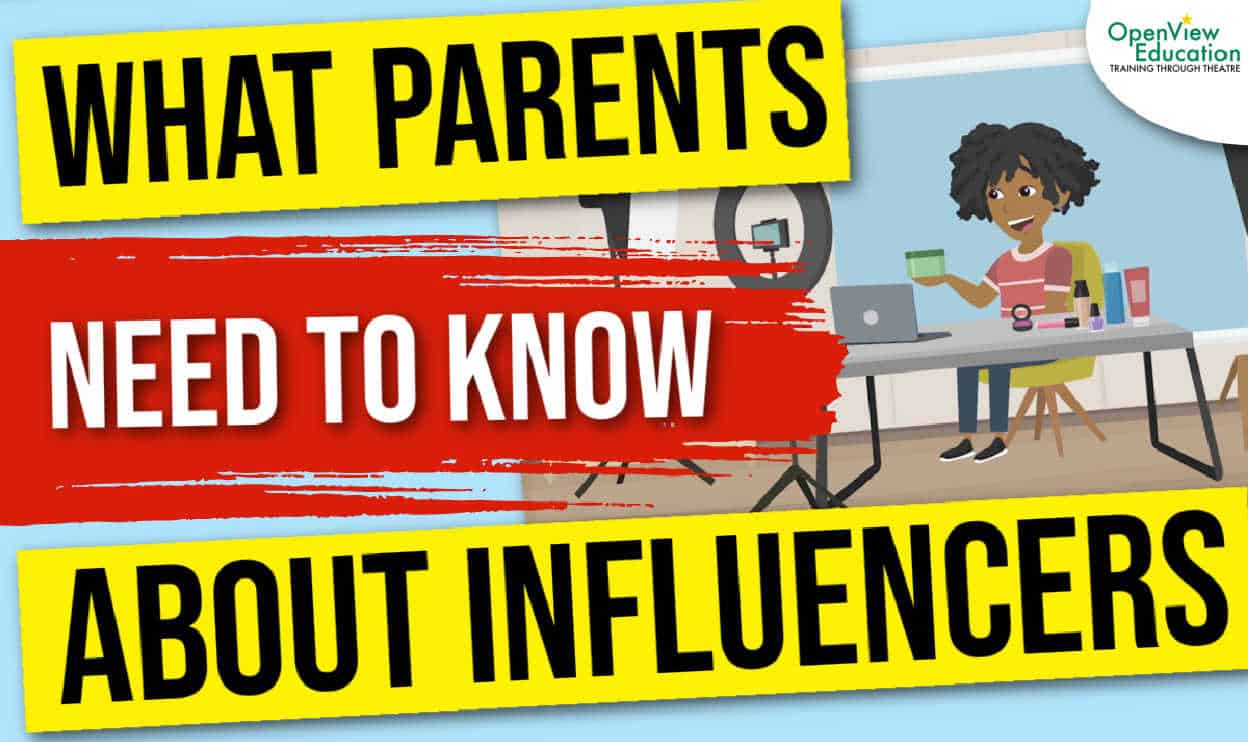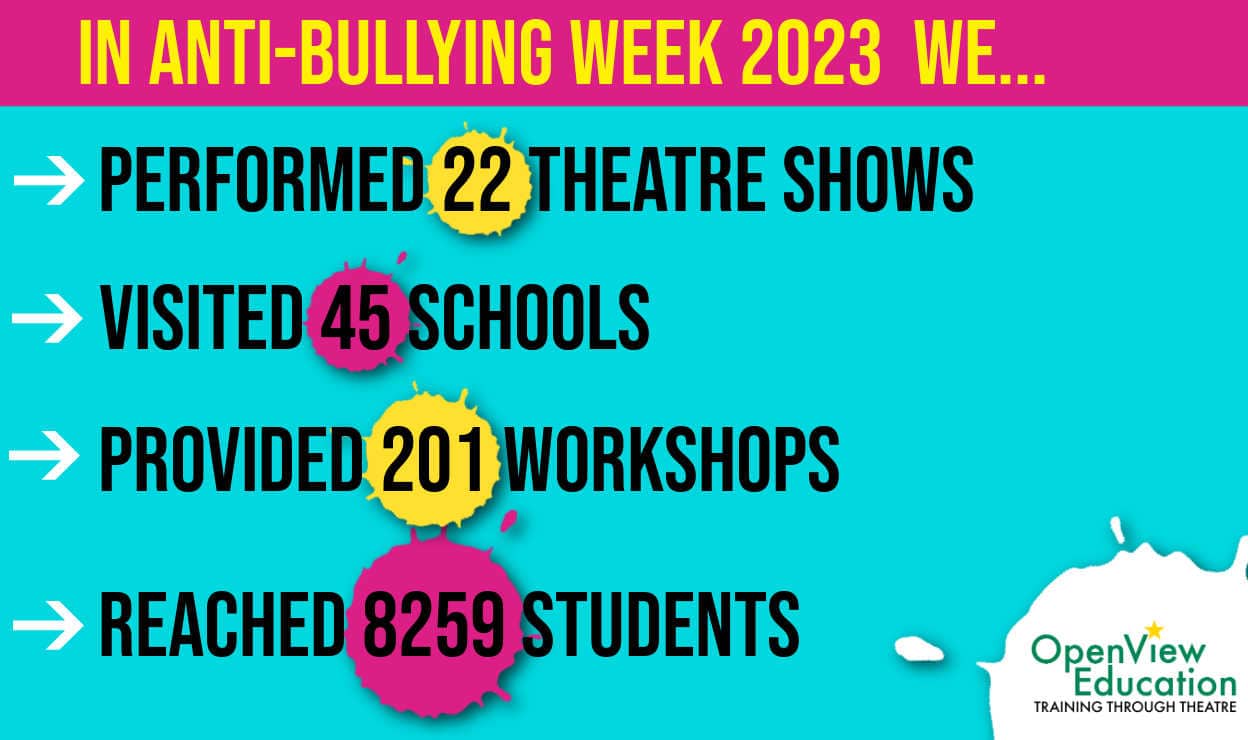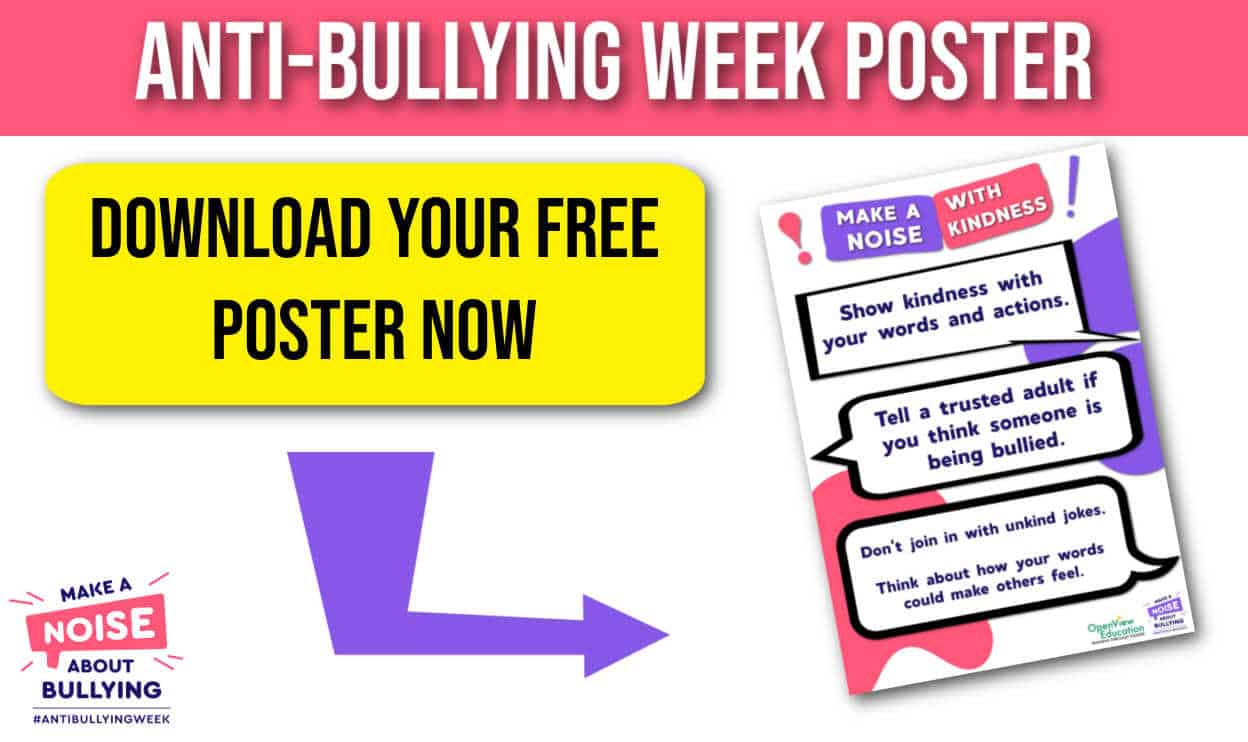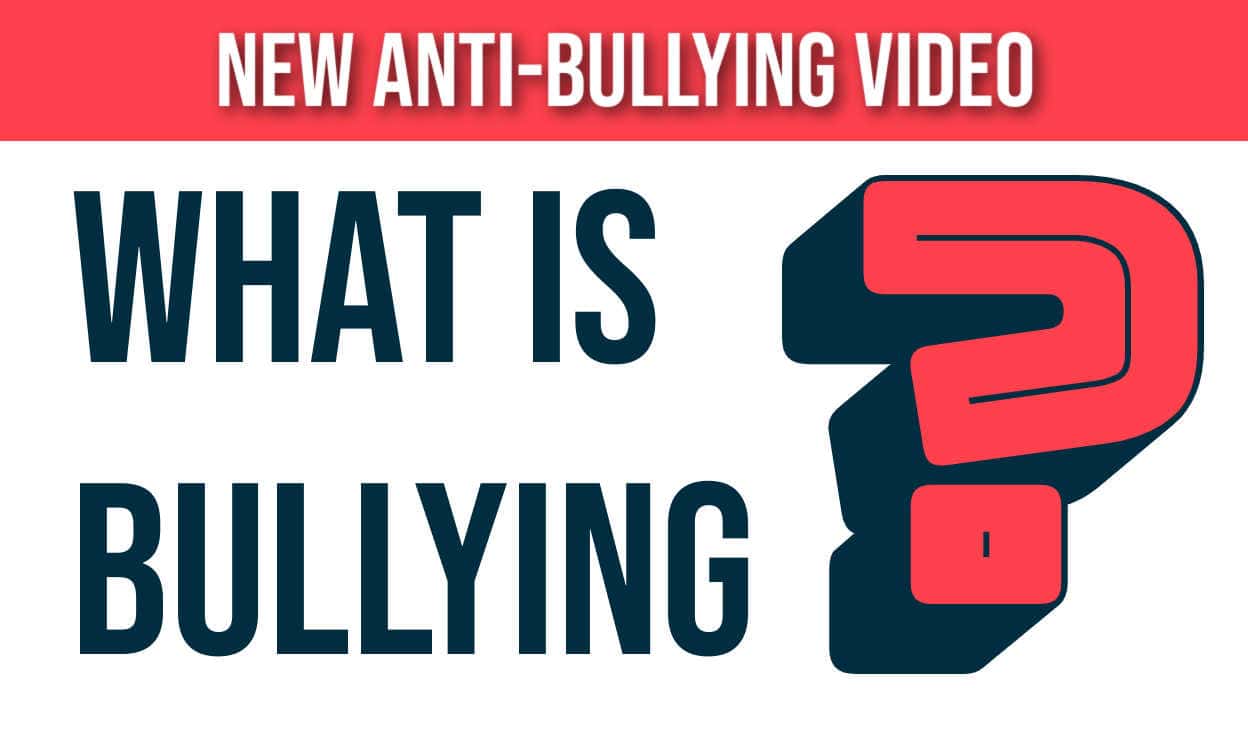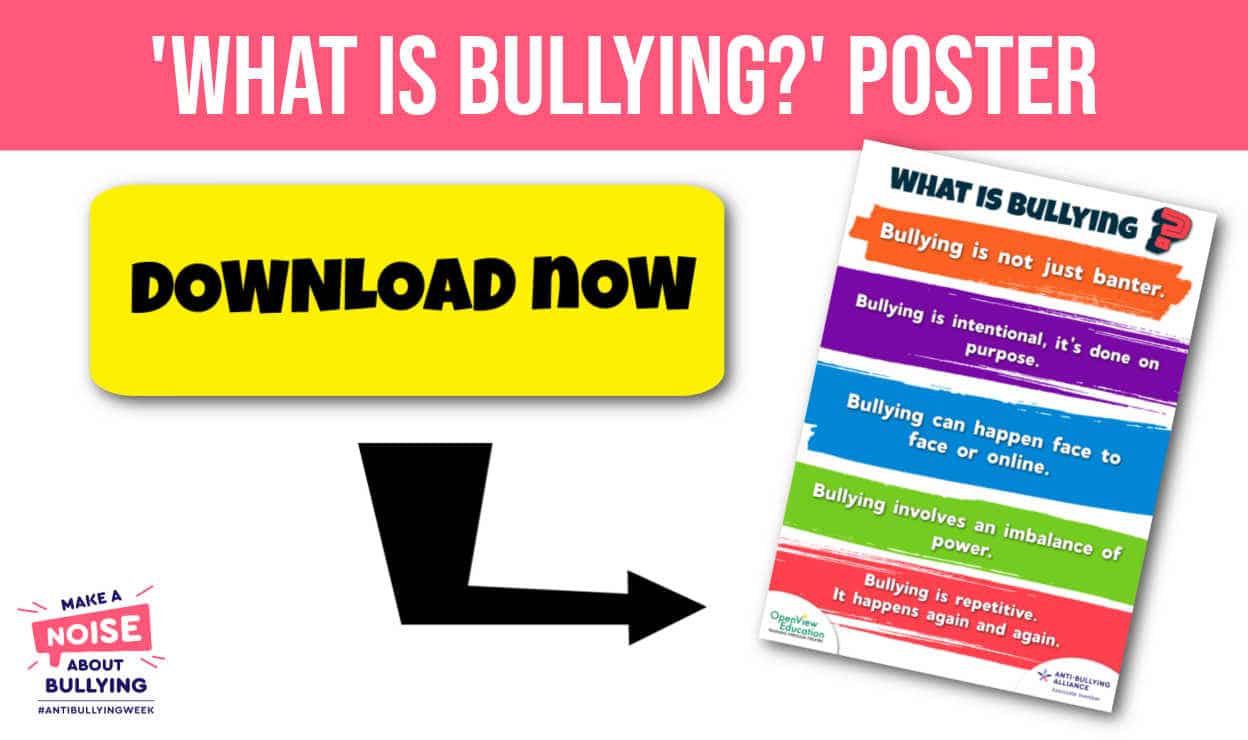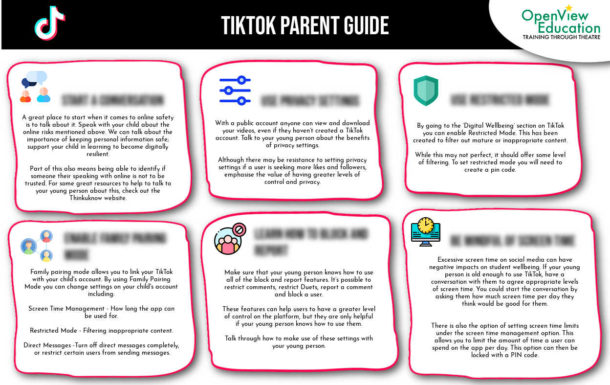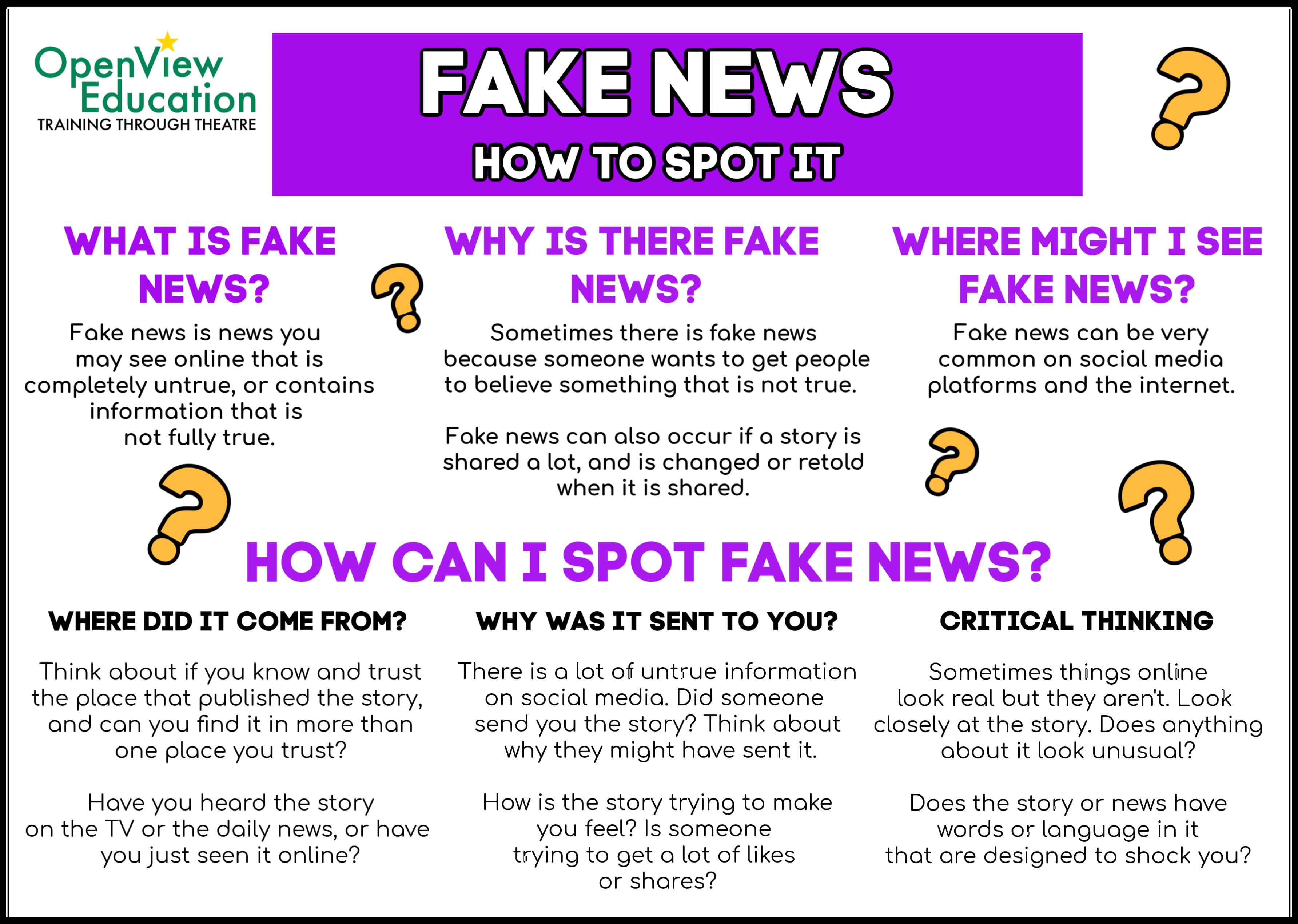
Fake news is not a new problem. With the advancement of technology and the rise of the internet, fake news is now a commonly occurring issue.
During the coronavirus outbreak however, fake news has risen substantially. From WhatsApp voice notes, to fake quotes from public figures, it can be difficult to know what to believe, particularly for young people.
The key to keeping children safe online and protecting young people against fake news is to encourage critical thinking, and for them to understand that not everything online is true.
Our fake news activity pack builds up young people’s digital resilience, encourages them to look carefully at the content they are seeing, and helps to ease fear and anxiety.
Explaining Fake News to Children and Young People:
What is Fake News?
Fake news is news or stories online that aren’t true. The story might be completely untrue, or it may contain information in it that is not fully accurate.
Why is there Fake News?
- Sometimes there is fake news because someone wants to get people to believe something that isn’t true.
- Sometimes there is fake news because someone has not fully checked the facts before they share the story.
- Fake news may also occur if a story has been shared a lot and is changed slightly or retold when shared.
Where Will I See Fake News?
One of the most common places you will see Fake News is on social media.
How can I spot Fake News?
There are some questions you should ask yourself if you are trying to work out if a story is true or not.
If you are ever unsure about news or stories, ask yourself these questions:
Where has it come from?
Think about if you know and trust the place that has shared the story, and look and see if you can find the piece of news in three different places that you trust.
Ask yourself if you have seen the piece of news on TV, or if you have just heard the story online.
Why was it sent to you?
If you received the news from someone, think about why they might have sent it to you. Are they trying to get lots of likes or shares?
Think about how the piece of news is making you feel, is it making you feel worried or scared?
Is there anything unusual about the story?
Critically think about what you are seeing. In our Internet Safety Training for young people, we encourage students to really think about what they are looking at. Remember, not everything you see online is true. Is there anything that doesn’t look quite right in the piece of news that you’re looking at? This could be the picture, the title of the news, the website the news is on.
Does the story also have any words or language in it which might be worrying or designed to shock you?
Remember if you feel worried or upset about anything you see online, it’s really important to talk about it with an adult you trust. If you have seen a piece of news online and you aren’t sure if it is true, you can always ask an adult that you trust to help you.
OpenView Education specialises in Anti-Bullying, Internet Safety Training and Workshops and Wellbeing Workshops for schools. During the coronavirus outbreak our aim is to help keep children and young people safe online.
Are you looking for more homeschooling resources? You can access our free homeschooling hub here, as well as our E-Safety Guides for Parents.
